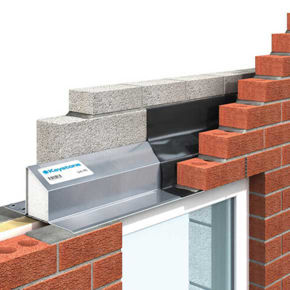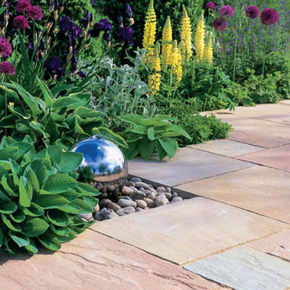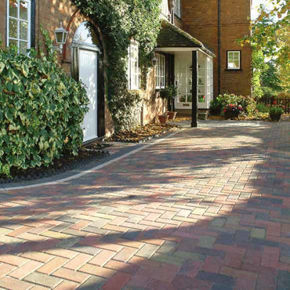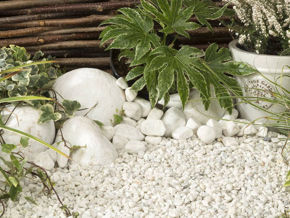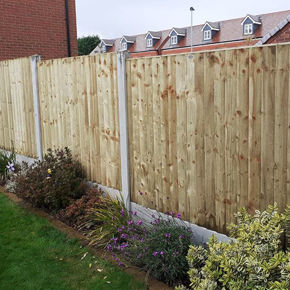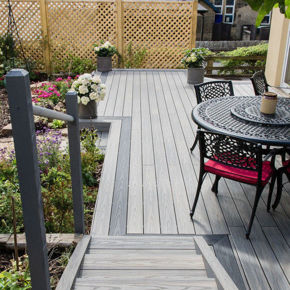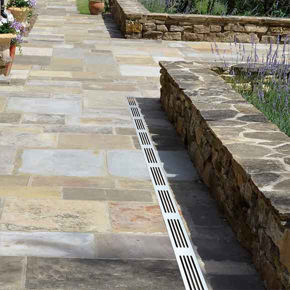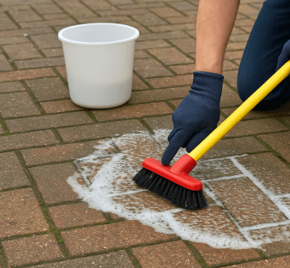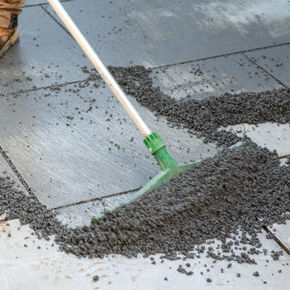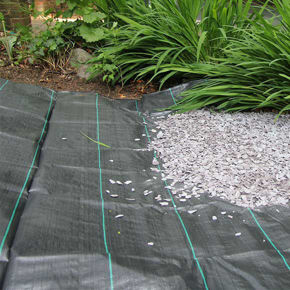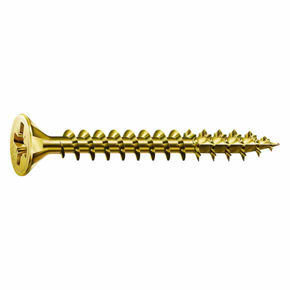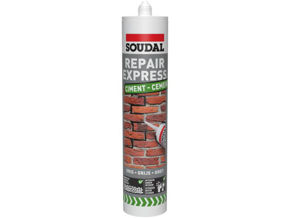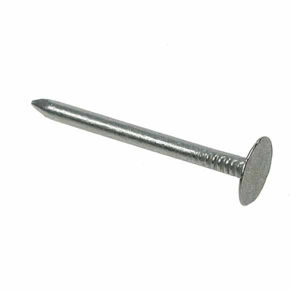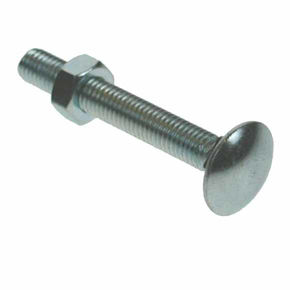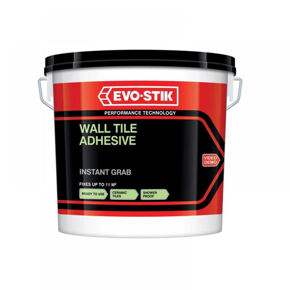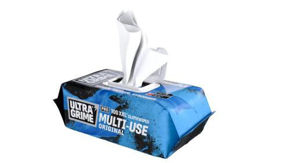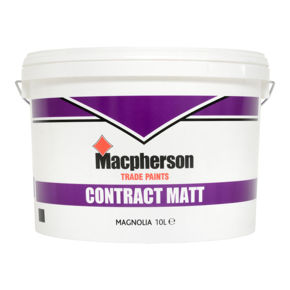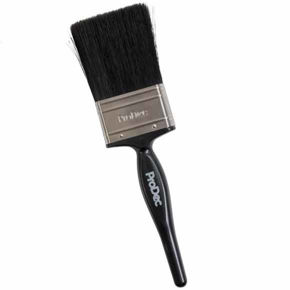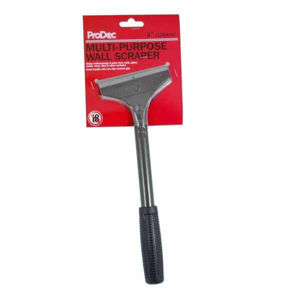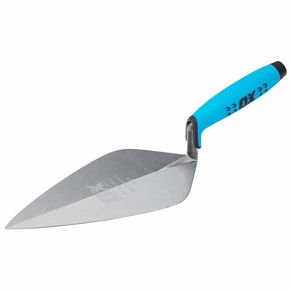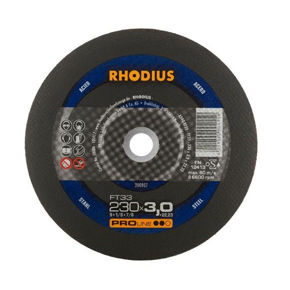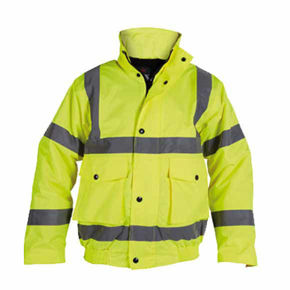When it comes to construction materials, both concrete blocks and bricks have their own advantages and disadvantages. At Rose Building Supplies, with branches in Peterborough, Corby, and Huntingdon, we offer a variety of both bricks and block to meet your project needs. Let's explore the differences to help you decide which is best suited for your next build.
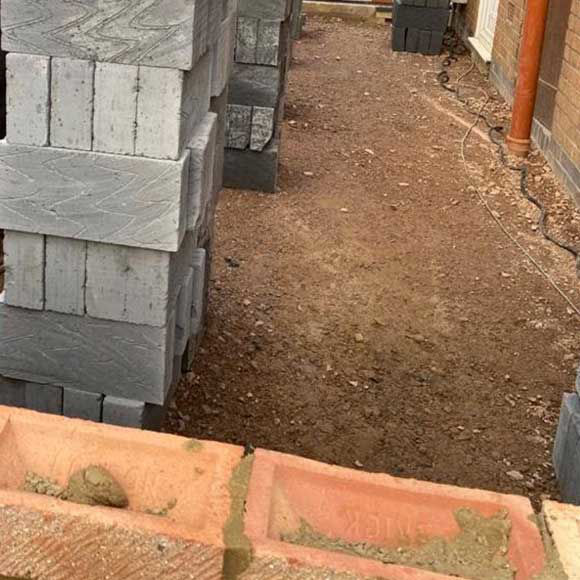
Concrete Blocks
Concrete blocks differ from bricks in both their composition and appearance. Made from crushed sand or stone aggregate, concrete blocks are available in various sizes and colours and can be either hollow or solid. In contrast, bricks are typically more uniform in size and consist of sand, lime, and concrete materials.
Advantages of Concrete Blocks:
- Durability and Strength: Concrete blocks have a higher compressive strength than bricks, making them suitable for larger structures and foundations.
- Water Resistance: Generally more water-resistant than bricks, especially when the substrate is waterproofed.
- Fire Resistance: Excellent fire resistance properties.
- Thermal and Sound Insulation: Superior thermal insulation and soundproofing.
- Cost-Effective: Cover a larger area than bricks, reducing the amount of mortar needed and potentially lowering overall costs.
- Paintability: Easier to paint than bricks, which can secrete metallic salts that cause paint to peel.
Disadvantages of Concrete Blocks:
- Weight and Handling: Heavier and bulkier than bricks, requiring more labor for handling and installation.
- Aesthetic Limitations: Harder to achieve intricate designs and detailed aesthetics.
- Moisture and Maintenance: Prone to absorbing moisture, which can lead to cracking and higher maintenance costs.
- Installation Complexity: May require embedding conduits and fittings during the build.
- Lifespan: Typically last up to 100 years, shorter than the lifespan of bricks.
Ideal Uses for Concrete Blocks:
Concrete blocks are often chosen for commercial buildings, retaining walls, and foundations due to their strength, durability, and cost-effectiveness. They are particularly useful in modern structures where traditional aesthetics are not a primary concern.
Types of Concrete Blocks We Supply:
View full range of our concrete blocks
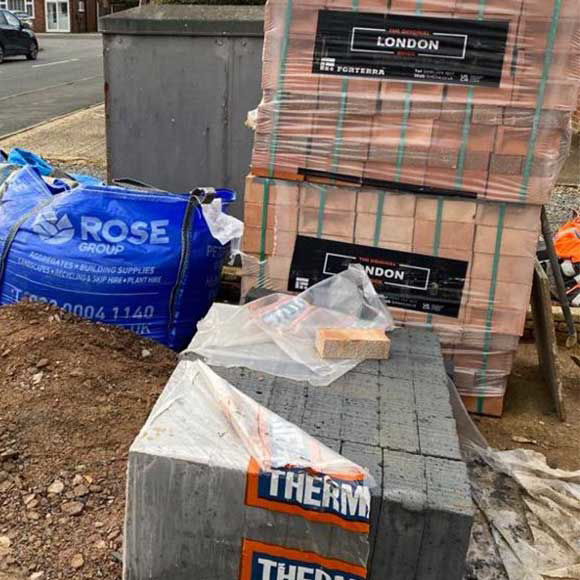
Building with Bricks
Bricks have been a trusted building material for thousands of years, valued for their classic appearance and durability. They are available in a wide range of types and colours, suitable for various projects from landscaping to home building.
Advantages of Bricks:
- Historical Durability: Used since 7000 BC, bricks are a long-standing, reliable building material.
- Aesthetic Appeal: Provide a classic, timeless look and can be arranged in various designs.
- Eco-Friendly: Made from natural materials, offering good thermal properties.
- Longevity: High durability, with some reclaimed bricks being repurposed for new projects.
Disadvantages of Bricks:
- Cost: Generally more expensive than concrete blocks.
- Weight and Installation: Heavier per unit area and require more skilled labor to install.
- Moisture Absorption: Prone to absorbing moisture, which can lead to damage and requires maintenance.
- Paint Challenges: Bricks can secrete metallic salts, causing paint to peel off.
Ideal Uses for Bricks:
Bricks are preferred for projects where aesthetic appeal and intricate design are important. They are commonly used in residential buildings, extensions, and decorative structures due to their visual appeal and flexibility in design.
Types of Bricks:
- Facing Bricks: Attractive and durable, ideal for external walls and decorative features.
- Concrete Common Bricks: A versatile option for various construction needs.
- Engineering Bricks: Known for their smooth finish and strength, often used in tunnels and sewers.
- London Bricks: A specific type of facing brick with historical significance.
- Brick Specials: Custom shapes and sizes for unique architectural details.
Our Brick Suppliers:
View full range of our bricks
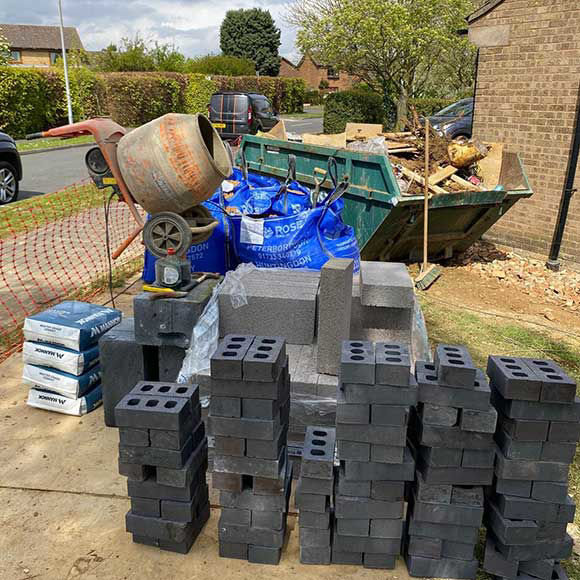
Buy bricks and blocks in Peterborough, Corby and Huntingdon from Rose Building Supplies!
All our branches in Peterborough, Huntingdon, and Corby hold an extensive library of brick samples and literature. If you need help with a brick match or have any questions, please visit your local branch for expert advice.
For more advice on choosing the right materials for your project, visit Rose Building Supplies in Peterborough, Corby, and Huntingdon:
- Rose Building Supplies (Peterborough) Fengate, Peterborough, PE1 5SW
- Rose Building Supplies (Huntingdon) 10 The Bridge Centre, St Peters Road, Huntingdon, PE29 7DA Call us on 01480 572572 Open to both Trade and Public
- Rose Building Supplies (Corby) Rose House, Unit 1, Ellis Court, Cockerell Road, Manton Park, Corby, NN17 5DY






